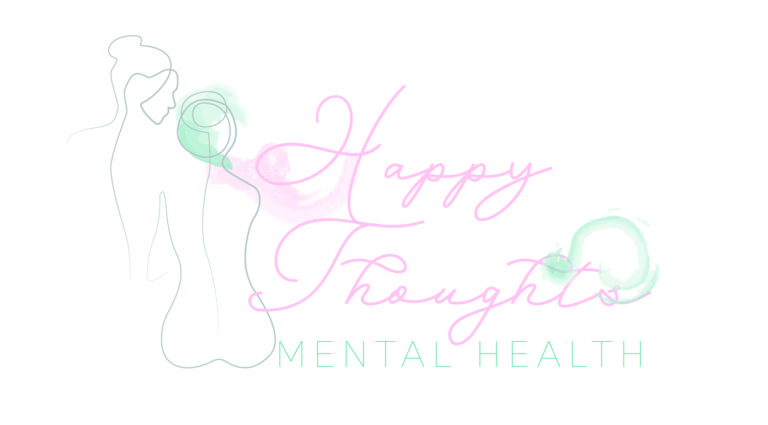It’s hard to live this life without experiencing something that can shake us to the core, or often change the person we are. Trauma is a deeply disturbing or distressing experience that happens directly or indirectly to you and/or your community. According to the Substance Abuse and Mental Health Services Administration [SAMHSA] in 2021, two thirds of children in America report having experienced a traumatic event before the age of 16. Also 70% of American adults have experienced a traumatic event in their lifetime.
Traumatic events can be sudden and feel beyond our control. They can also be long term exposures to behaviors and people that do not make us feel safe (E..g, discrimination, long-term abuse, caretaking for terminally/chronically ill relatives, changes to school/work due to the 2021 pandemic, exposure to societal imbalance). Whether you are a rescue worker, survivor of abuse, have suffered a vicious loss/injury, or have watched someone go through something terrible – it can be difficult to feel present enough to engage with family and enjoy life again.
Individuals who have experienced trauma go through some of the following symptoms:
- Irritability or anger for most of the day
- Poor self-worth or self-esteem
- Problems sleeping
- Irrational guilt
- Feeling “numb” or detached
- Nightmares and constant thoughts of what has happened
- Feeling detached or estranged from people around you
- Difficulties with concentration
- Feeling like you have no control over aspects of your life
- Substance abuse (drugs and alcohol)
- Medical/physical problems
- A tendency to avoid certain situations, activities, events or people
- Conflicts within relationships
- Depression and thoughts of suicide
- Panic attacks
After experiencing trauma our bodies will learn unhealthy ways to anticipate future threats. Our bodies will use normal responses to stress – fight, flight, or freeze – in response to ordinary daily interactions/events because it has learned to perceive danger everywhere. After trauma it is important to exercise new responses to stress that will help us become more resilient with time.
Trauma is not the end of your story – you do not have to be a victim of your circumstances. It is important to work with someone who is specialized in a trauma-informed approach. A therapist who specializes in trauma-informed care understands the need to treat the whole person – not just the person’s experience of trauma, but the strengths that the individual has and the individual’s ability to maintain choice and control. The following are key traits of a trauma-informed professional counselor:
- Safety – the counselor will ensure a physical and emotional space for the client to speak about their trauma – without revictimization or shame
- Choice – the client is always the one in control of the session.
- Trustworthiness – The counselor is genuine, honest, and able to maintain transparency with the client
- Collaboration – the counselor will be a passive source of support
- Empowerment – the client will be encouraged to get their feelings validated, pursue skill-building techniques, and seek opportunities for personal growth.
- Societal Issues – the Clinician will recognize past traumas – including traumas related to race, gender, sexual identity, collective experiences (e.g., pandemic), or childhood abuse.
“I will not lose. For even in defeat there’s a valuable lesson learned. So it evens up for me” – Jay Z
Although trauma should be avoided, it can also be a powerful force for positive change. There is potential for transformative growth after experiencing something that has changed our lives. Counseling can be the perfect environment to develop a healing mindset of the things that you’ve been through by reflecting on your experiences and finding ways to become a better version of yourself.
Set your first appointment with a trauma-informed counselor who has more than 12 years of experience.
Schedule your free 30 minute consultation.

